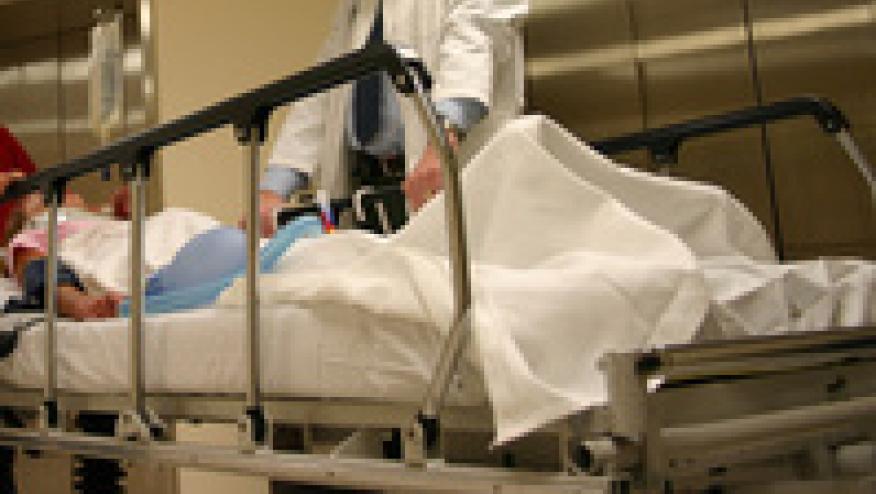Higher Rehospitalization Rates in Younger SLE Patients Save

A Medicare study shows that young adults with systemic lupus erythematosus (SLE) exhibit very high 30-day rehospitalization rates (36%) that are significantly higher than older SLE patients and age matched non-SLE patients.
This study was drawn from a 20% national Medicare sample from 2014. Hospitalizations, rehospitalization risk and mortality within 30 days of discharge were calculated for young (aged 18-35 yrs), middle-aged (aged 36-64 yrs), and older (aged 65+ yrs) SLE and non-SLE patients.
From a total of 1.39 million Medicare hospitalizations, 10,868 involved SLE patients. Hospitalized young adult beneficiaries with SLE were more racially diverse, were living in more disadvantaged areas, and had more comorbidities than older beneficiaries with SLE and those without SLE.
30 day rehospitalization rates were highest (36%) in young SLE patients (40% higher than non-SLE peers; 85% higher than older SLE patients).
Longer length of stay and higher comorbidity risk score increased odds of rehospitalization in all age groups.










If you are a health practitioner, you may Login/Register to comment.
Due to the nature of these comment forums, only health practitioners are allowed to comment at this time.